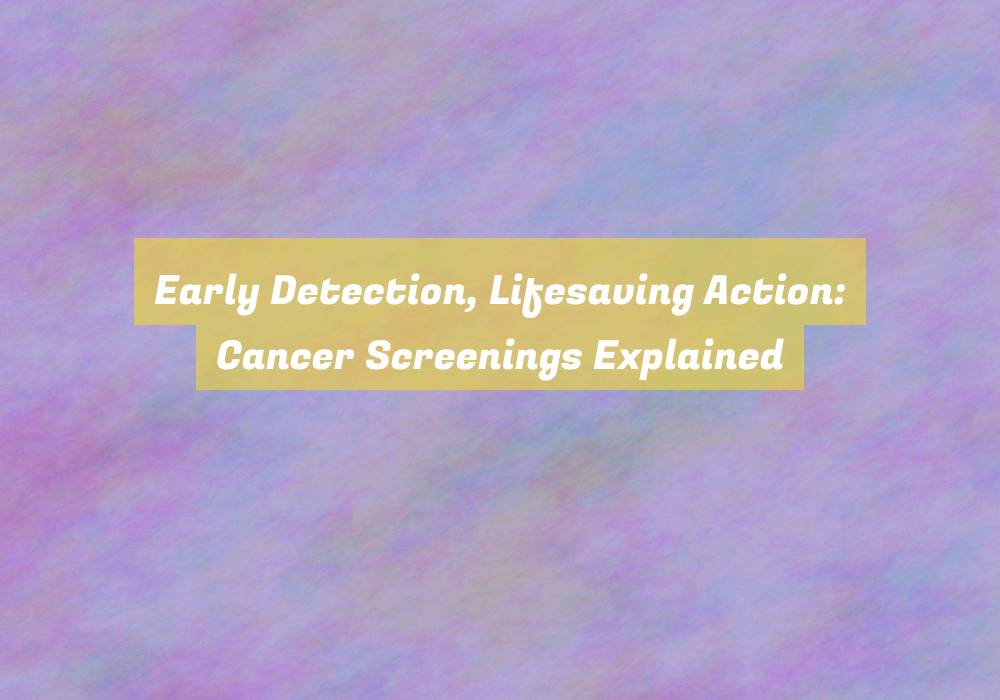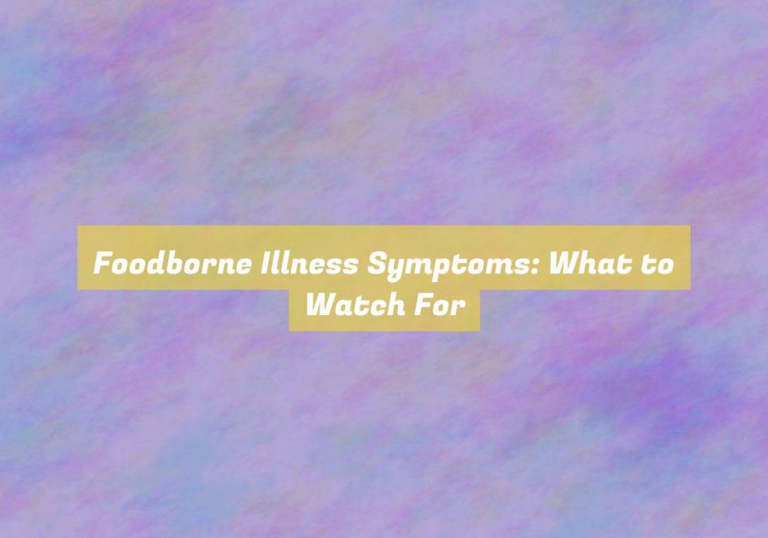Early Detection, Lifesaving Action: Cancer Screenings Explained
You may think of cancer screenings as routine procedures, but they can also be the defining factor between life and death. Understanding the importance of early detection and the different types of screenings available is crucial for your overall health.
From mammograms to colonoscopies, knowing what to expect and when to get screened can make a significant difference in your well-being. But how do these screenings work, and what should you be aware of before scheduling one?
Stay tuned to uncover the essential details that could potentially save your life.
Importance of Early Detection
Early detection of cancer can significantly increase the chances of successful treatment and recovery. By undergoing regular screenings, you can catch cancer in its early stages when itG??s most treatable. This means that any abnormal changes in your body can be identified sooner, giving you a better chance at overcoming the disease.
Detecting cancer early not only improves the effectiveness of treatment but also reduces the likelihood of it spreading to other parts of your body. With early detection, you have more options for treatment and a higher chance of a positive outcome.
Regular screenings are particularly crucial if you have a family history of cancer or if youG??re at a higher risk due to lifestyle factors. By being proactive about your health and scheduling routine screenings, youG??re taking a vital step in protecting yourself against the potential devastation of advanced-stage cancer.
Types of Cancer Screenings
When considering cancer screenings, itG??s important to understand the various types available and their specific purposes in detecting different forms of cancer.
The most common cancer screenings include mammograms for breast cancer, Pap smears for cervical cancer, colonoscopies for colorectal cancer, and PSA tests for prostate cancer.
Mammograms are recommended for women to detect breast abnormalities, while Pap smears are essential for detecting precancerous or cancerous cells in the cervix.
Colonoscopies are crucial for identifying polyps and tumors in the colon and rectum, and PSA tests help in detecting prostate cancer in its early stages.
Additionally, skin cancer screenings can help identify any suspicious moles or skin abnormalities.
Lung cancer screenings using low-dose CT scans are recommended for individuals with a history of heavy smoking.
ItG??s important to consult with your healthcare provider to determine which screenings are appropriate for you based on your age, gender, family history, and lifestyle factors.
Understanding Mammograms
To gain a deeper understanding of cancer screenings, particularly in relation to breast cancer, itG??s essential to comprehend the significance and process of mammograms.
Mammograms are specialized X-ray examinations used to detect abnormalities or changes in breast tissue. They play a crucial role in the early detection of breast cancer, allowing for prompt intervention and treatment.
During a mammogram, your breast will be compressed between two plates to spread out the tissue for a clearer image. While this compression may cause temporary discomfort, itG??s necessary to obtain the most accurate results.
The images captured during the mammogram are then interpreted by a radiologist to identify any potential signs of cancer, such as lumps or calcifications. ItG??s important to note that mammograms arenG??t infallible and may sometimes yield false positives or false negatives.
However, they remain a vital tool in the fight against breast cancer, particularly when combined with regular clinical breast exams and self-examinations. If you have any concerns or notice changes in your breast tissue, donG??t hesitate to consult a healthcare professional for further evaluation.
Colonoscopies and Other Screening Methods
If youG??re over the age of 50 or have a family history of colorectal cancer, discussing colonoscopies and other screening methods with your healthcare provider is crucial for maintaining your health.
Colonoscopies are the gold standard for colon cancer screening. During this procedure, a flexible tube with a camera is used to examine the colon for polyps or other abnormal growths. If polyps are found, they can be removed during the procedure, potentially preventing the development of cancer.
Other screening methods, such as fecal occult blood tests (FOBT) and fecal immunochemical tests (FIT), can also help detect colon cancer by identifying blood in the stool, which can be a sign of colon polyps or cancer. These tests are non-invasive and can be done at home. However, if they yield positive results, a follow-up colonoscopy is usually recommended for further evaluation.
ItG??s important to discuss with your healthcare provider which screening method is best for you based on your medical history and individual risk factors. Early detection through these screenings can greatly increase the chances of successful treatment for colorectal cancer.
Conclusion
So, remember to schedule your regular cancer screenings. Early detection saves lives, and taking action can make a big difference.
Whether itG??s a mammogram, colonoscopy, or another screening method, donG??t put it off. Your health is important, and by staying on top of your screenings, youG??re taking an important step in protecting yourself.
DonG??t wait – schedule your screenings today and take control of your health.






